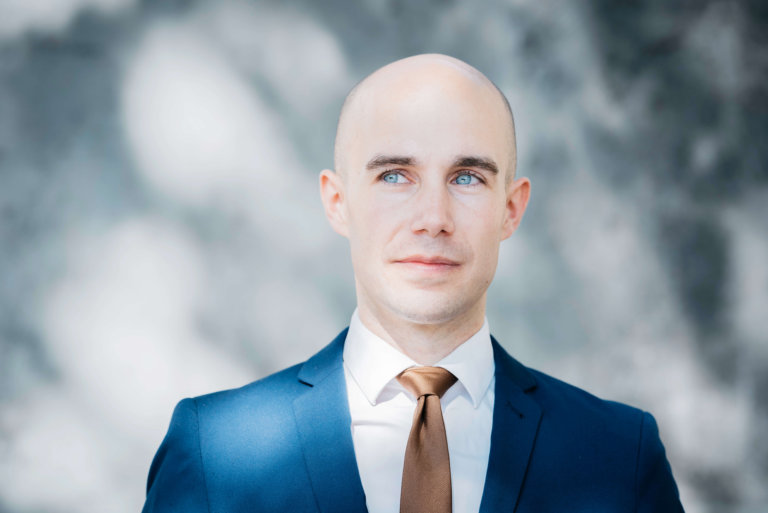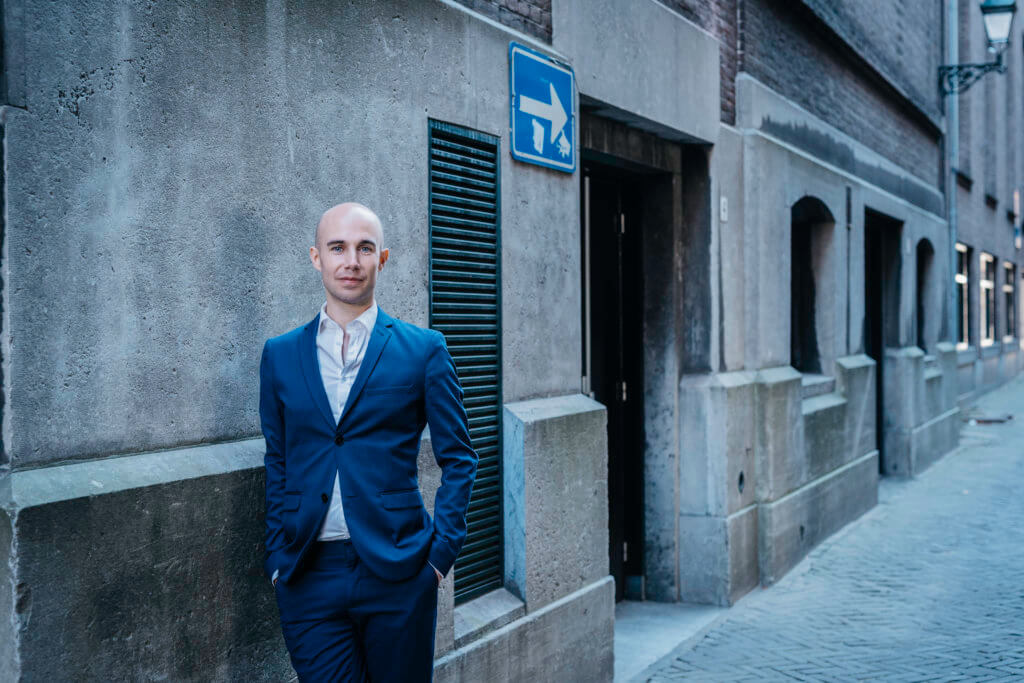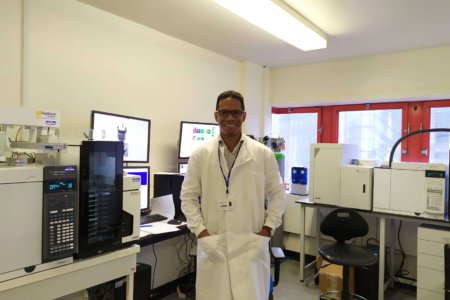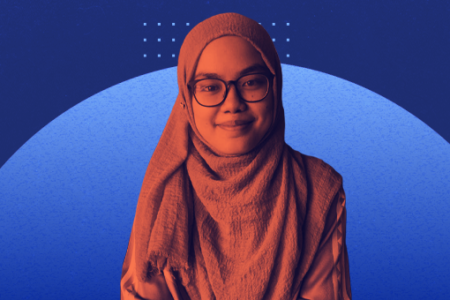
Benjamin Duerr earned his master’s in law from the University of Turin in 2014. He specialised in international law, focusing on the laws of war and the protection of people in conflict zones.
Taking his skills beyond law courts and boardrooms, he sought a career as a correspondent. He covered political and social developments in seven countries, including South Africa, Zimbabwe, Botswana, Namibia, Mozambique, Lesotho, and Eswatini.
Then, as a representative and correspondent at the Brussels office of Protestant Press Service. Here, he attended the daily press briefings of the European Commission, meetings at the European Parliament, a summit of the European Council, and formal and informal EU meetings.
Intrigued by the influence law can have on international relations, Duerr applied for a London School of Economics degree in Diplomacy and International Strategy at LSE Ideas.

His London School of Economics degree provided him with in-depth knowledge on international affairs and specific skills. Source: Gregor Servais
We caught up with Duerr to learn more:
Walk us through your interest in law. Why did you choose to pursue a London School of Economics degree?
During my bachelor’s studies, I took introductory courses to international law and discovered my interest in this aspect of global affairs. When we think of exerting influence in international relations, we tend to focus on military or economic power.
I was intrigued by the influence law can have on international relations and by the notion that there are international laws that regulate state behaviour. Not to mention, protect individuals and benefit humanity as a whole.
Tell us more about your impressive career trajectory as a lawyer, politician and writer.
In the field of international law, I’ve always been particularly interested in the laws that regulate armed conflict. Such laws include what methods of warfare are allowed and under what circumstances wars are permitted.
After my studies, I got involved in the work of Congolese doctor, Denis Mukwege. He campaigns for the protection of civilians in conflict zones and particularly against sexual violence. I supported his foundation in developing strategies to strengthen international law in these fields and found the advocacy work with governments particularly interesting.
I got the opportunity to join the Dutch Ministry of Justice and to work on international cooperation and international law. In my free time, I’m an avid reader and writer with an interest in history and its role in global affairs.
In 2020, I got the opportunity to write a biography on Matthias Erzberger — the man who ended World War I — born in a neighbouring village in Southern Germany where I grew up. Thus, I took a year off for research and writing and after finishing the book, I joined the Diakonia International Humanitarian Law Centre this year.
How do you use the knowledge and skills gained from your London School of Economics degree in your current job role?
At LSE IDEAS, the London School of Economics’ foreign policy think tank, I gained both in-depth knowledge about international affairs and specific skills. These skills ranged from negotiating to strategic thinking and foresight.
Both these aspects have been very valuable so far because I’m able to better understand the regional and geopolitical dynamics in the regions we work in and provide better strategic advice. I found the personal experiences of senior policy-makers and practitioners very useful.
I remember the advice by one senior diplomat who said that to be a good diplomat and decision-maker, one needs to have a deep understanding of history. Since then, I have read history books even more passionately because they can teach us why the world is as it is and help us deal with current challenges.
Is there anything you wish you had learned more during your London School of Economics degree?
Academic studies often focus on the acquisition of knowledge but rarely help students to develop their interpersonal skills which are crucial. For example, communication, decision-making, or leadership skills are key for the real world. Therefore, I wish I learned more of this.
View this post on Instagram
Where do you envision yourself in 10 years?
The most exciting steps in my life were usually follow-ups from opportunities that were often unforeseen and unplanned. I don’t have a specific 10-year plan but I would like to continue to increase my impact to shape international affairs.
We face various challenges (such as climate change, authoritarianism and nationalism, and instability and conflict) so I would like to use my influence to address them no matter how minor my contribution might be. Oftentimes, this is a matter of seizing the day and it’s exactly what I plan to do.
What was something you missed from home and how did you substitute it while abroad?
I have lived all my adult life in countries other than where I was born so I feel at home in many places. I’m currently living in the moment and I enjoy being present without missing anything from the past.
What about food in the UK? Tell us your most and least favourite.
London is an incredibly cosmopolitan city with plenty of different options. Often a group from the London School of Economics would go to have dinner at different places which were very nice. Having said that, I still struggle with the English “full breakfast” (a plate with bacon, sausages, eggs, black pudding, baked beans, tomatoes, mushrooms, toast, served with a beverage such as coffee or tea).
Any words of advice for international students who plan to study the same course as you?
Make the most out of it by using the knowledge, experience, and networks that come together in the course. Prepare for the sessions and engage in the discussions. Be curious, ask questions, enjoy every moment, and don’t be afraid of the commitment or the workload.










